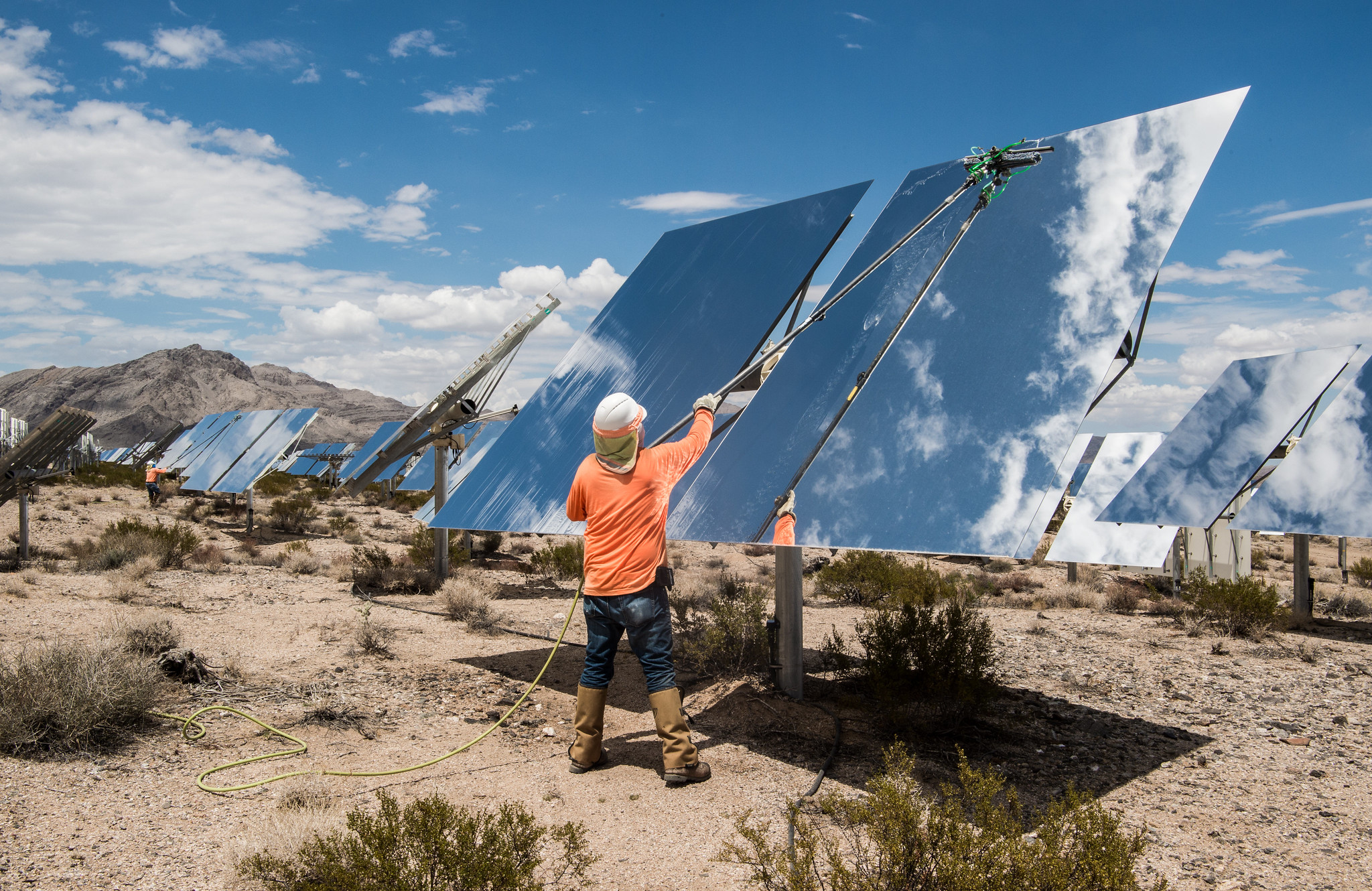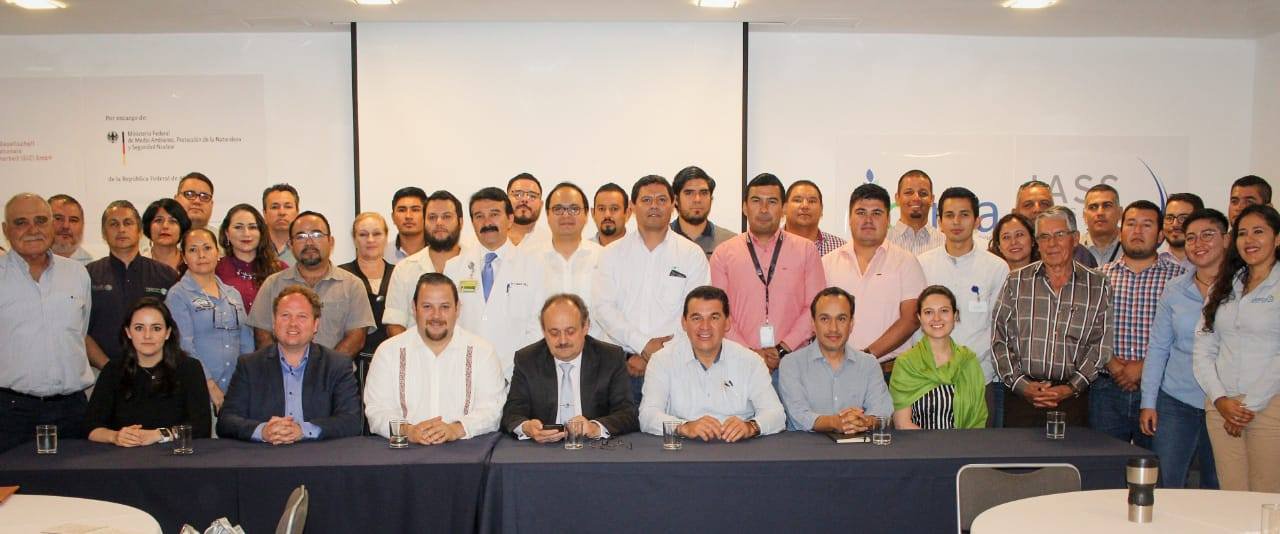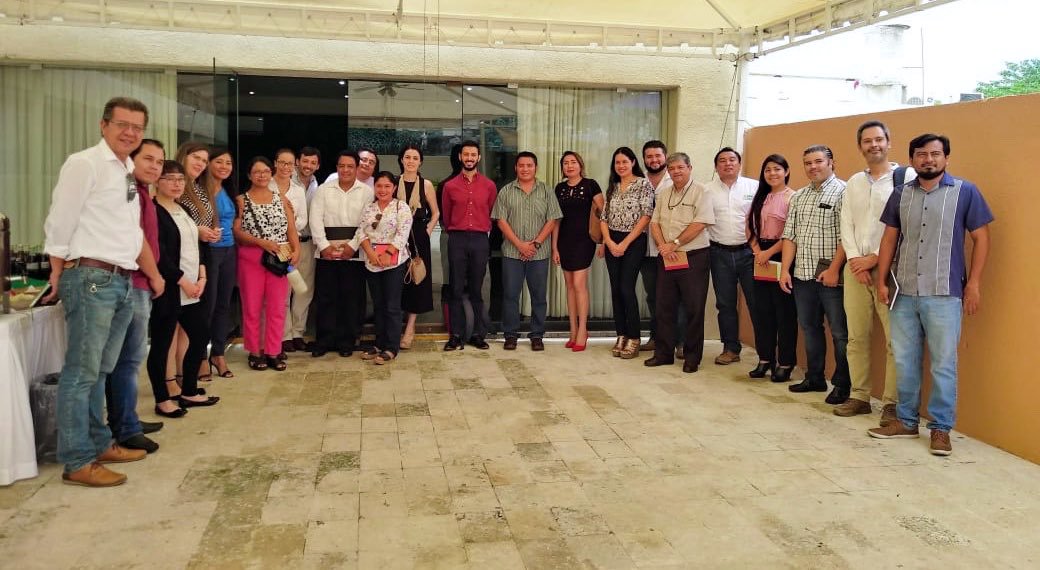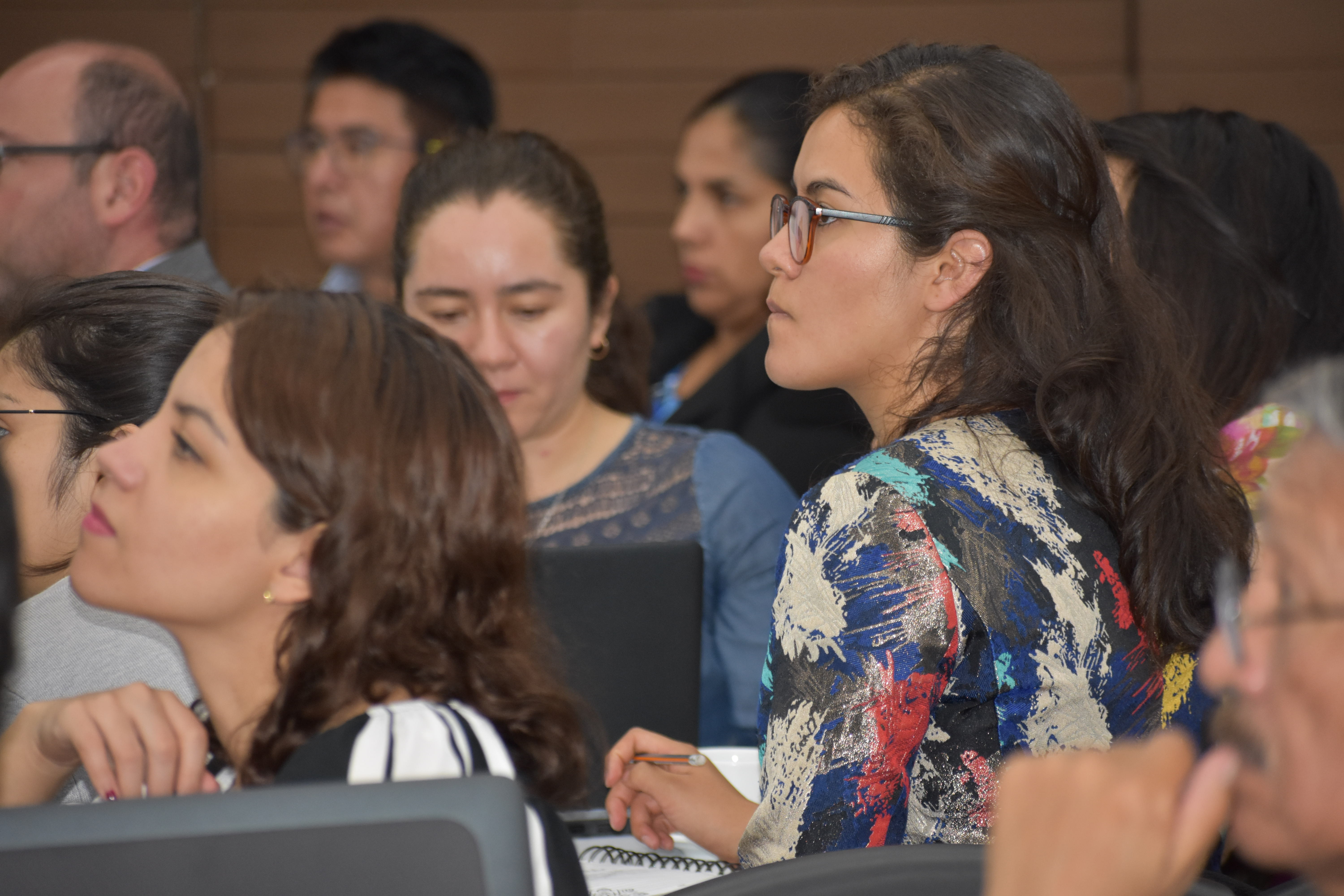In addition to reducing greenhouse gas (GHG) emissions, the introduction of renewable energy and energy efficiency measures can bring multiple social, environmental and economic benefits. These actions can generate employment, increase energy independence, generate additional savings and income, and even bring benefits to health and environment. These types of direct or indirect benefits that result from climate change mitigation actions are called co-benefits. In a country like Mexico, whose energy system is still dominated by fossil fuels (68.9% of the power generation capacity in 2018), a co-benefits-oriented narrative presents the enormous opportunity to promote a fair and inclusive energy transition.

The Co-benefits Mexico project aims to identify and communicate the economic, social and environmental benefits derived from the implementation of renewable energies and energy efficiency to strengthen decision-making and promote the decarbonization of the electricity sector. As part of the project, four case studies are developed in Yucatan, Baja California Sur, Mexico City and Oaxaca; the implementation of which involved regional workshops with key actors in each region studied. The case studies, listed below, will seek to scale their results nationwide to assess the potential of different co-benefits and link them to meeting Mexico’s climate goals:
Case studies Cobenefits Mexico
- Energy efficiency and renewable energy in public sector buildings (hospitals), in Mexico City and La Paz, Baja California Sur
- Energy efficiency and renewable energy in buildings in the tourism sector (hotels) in Los Cabos, Baja California Sur
- Renewable energies and employment opportunities they generate, national and regional analysis in Oaxaca and Yucatan.
- Renewable energy and its benefits in cost savings and income generation for the communities of Oaxaca and Yucatan.
 Photo: Climate Initiative Mexico (Iniciativa Climática de México) – Francisco Valdéz. Attendees at the CDMX Cobenefits workshop.
Photo: Climate Initiative Mexico (Iniciativa Climática de México) – Francisco Valdéz. Attendees at the CDMX Cobenefits workshop.
The regional COBENEFITS workshops were aimed to present preliminary results, promote the appropriation of studies by key actors, and obtain their feedback. These were carried out in June 2019 and endowed the research team with perspectives of some 200 key actors. They were attended by academics, civil society, private sector representatives and state governments involved. The results of these meetings will lead to, together with the modeling of the co-benefits to be analyzed, the integration of a report that will be presented to the Ministry of Environment and Natural Resources (SEMARNAT) in a presentation workshop in mid-August 2019.

The case studies of Co-benefits Mexico are coordinated by the project “Enhancing the Coherence of Climate and Energy Policies in Mexico” (CONECC) of the Deutsche Gesellschaft für Internationale Zusammenarbeit (GIZ) GmbH (German Cooperation for Sustainable Development) as part of the International Climate Initiative (IKI) of the German Federal Ministry for the Environment, Nature Conservation and Nuclear Safety (BMU) in joint work with the global COBENEFITS project at IASS Potsdam; and are being implemented by ITHACA Environmental and Climate Initiative Mexico ( Iniciativa Climática de México).




